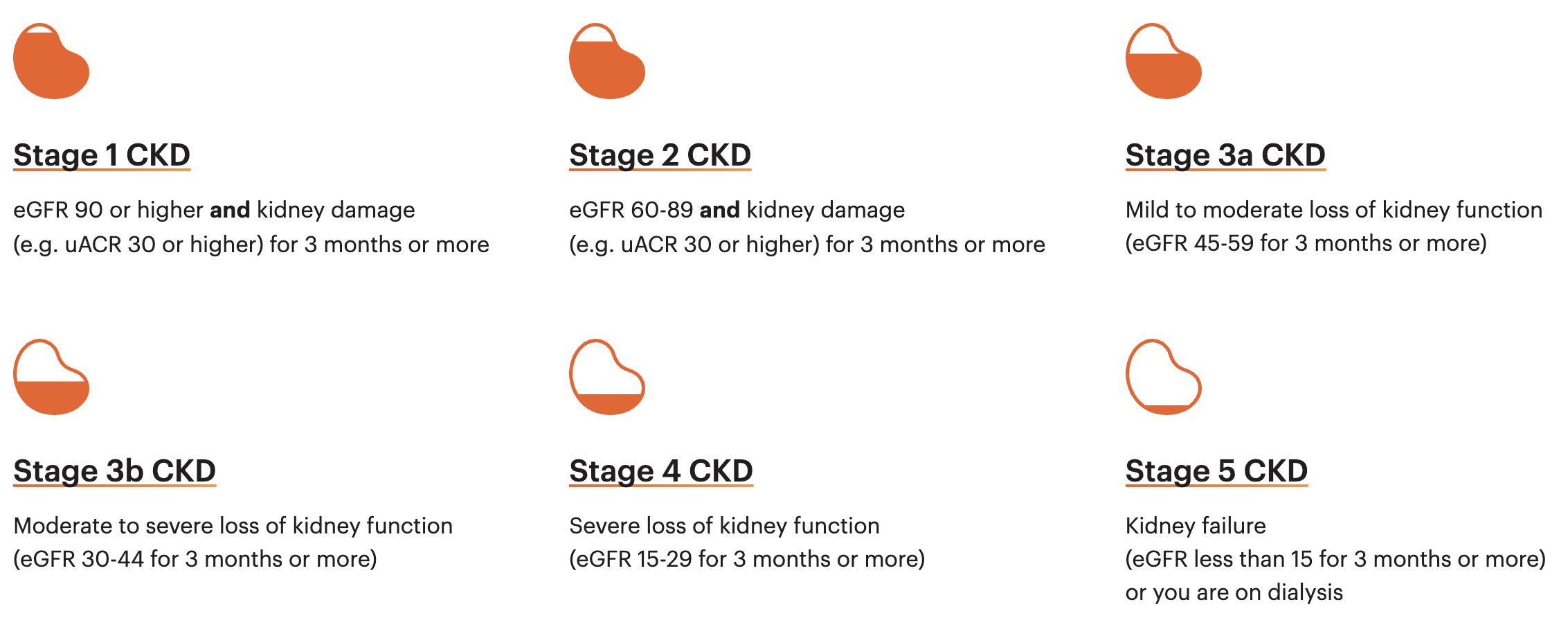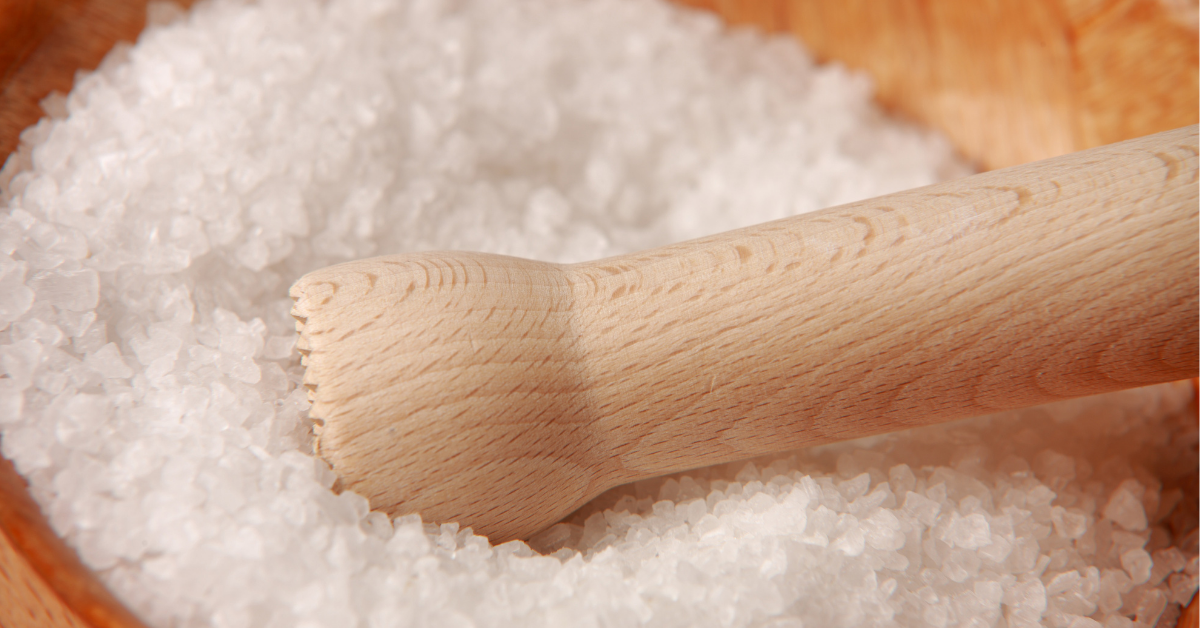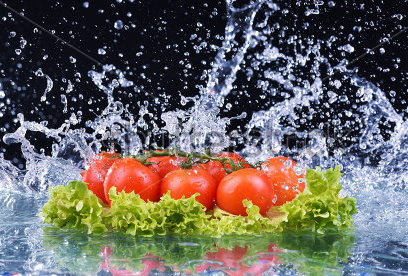Learn how to protect your kidney health during National Kidney Awareness Month. Discover essential nutrition tips and strategies for managing and preventing kidney disease.
Guest post by Alexa Guelig
Kidney Health and Function
One out of every 3 adults in America is at risk for kidney disease according to the National Kidney Foundation. More alarmingly, kidney disease typically is undetected until it is very advanced and, with no cure, can only be managed. Following these guidelines and bringing more awareness to these vital bean-shaped organs of ours can minimize your risk of developing kidney problems and allow for early detection.
First, let’s understand what our kidneys all do for us. The kidneys have many roles such as:
- Fluid regulation
- Toxin and waste filtration
- Blood pressure regulation
- Mineral balance (sodium, potassium, phosphorus)
- Facilitate strong bones via vitamin D activation
When the kidneys become impaired, these bodily functions will weaken leading to unwanted symptoms and chronic issues. Only treatment, such as dialysis can help, but kidney disease cannot be reversed.
Are You At Risk?
The most common risk factors for kidney disease include:
- Family history of kidney disease
- Diabetes (personal or family history)
- Heart disease (personal or family history)
- Obesity
- High blood pressure
- Overuse of NSAIDs (ibuprofen, naproxen)
- Autoimmune disorders (lupus, etc.)
- Recurring urinary tract infections
Your kidneys may be trying to tell you something if you experience any of these symptoms:
- Weakness and fatigue
- Difficulty or pain with urination
- Blood in urine
- Foam in urine
- Frequent urination
- Frequent thirst
- Swelling (around eyes, face, abdomen, hands, ankles, and feet)

Manage Your Health
Easy lifestyle factors such as food choices and physical activity can minimize your risk and aid in treating chronic kidney disease (CKD). It is recommended from the National Institute of Diabetes, Digestive, and Kidney Diseases to follow these simple eating right tips:
Cut Back on the Salt
Opt for fresh food and cooking at home to dodge added salt. Limiting packaged and frozen food will keep your sodium intake in check. Play with herbs and spices for flavor and additional health benefits!
Remember to try and keep your sodium intake below the recommended daily intake of 2300 mg by checking Nutrition Facts Labels.

Proper Protein Intake
Excessive protein intake requires your kidneys to work harder to produce more waste from protein breakdown. Try smaller portions of protein, about the size of a deck of cards, and choose quality sources of protein such as chicken, eggs, fish, nuts, and dairy.
Heart Healthy Foods
Keep your heart happy and healthy by swapping out fried foods for grilled and broiled alternatives. Fill your diet with lean cuts of meat, think loins, rounds, and chicken breasts, along with plenty of fruits and vegetables.
Limit Phosphorus Consumption
With CKD, phosphorus builds up in your blood vessels, which can extract calcium from your bones, and in turn, weaken them. This can also cause itchy skin and joint pain. Some meats, dairy, and beans, are higher in phosphorus as well as artificially flavored foods with added phosphorus. There is no need to completely eliminate these foods just be conscious of portions. Foods lower in phosphorus include fresh fruits, vegetables, and whole grains.
Get the Right Amount of Potassium
Like phosphorus, damaged kidneys cause potassium to build up in the blood, which can cause severe heart complications. If necessary, your diet can help you lower your blood potassium levels by having knowledge of the beneficial and potentially harmful foods.
High potassium foods: oranges, bananas, potatoes, tomatoes, whole wheat breads and pasta, and some dairy products
Low potassium foods: apples, carrots, peaches, white bread, white rice, wheat cereals

What’s Next?
Take this short quiz to assess your kidney health.
See your primary care provider and/or nephrologist for specialized kidney medical advice and/or diagnosis. Request these tests to determine the status of your kidneys:
- Blood pressure test
- Urine test to assess the protein content in urine
- Glomerular Filtration Rate test to assess how well the kidneys filter blood by measuring creatinine levels (a score above 90 is optimal)
Ask to be referred to a Registered Dietitian for disease treatment and management. Click here to find a renal dietitian near you.
Key Takeaways
Monitoring your kidney health is critical to prevent chronic kidney disease and manage symptoms, especially because early stages are often silent with no symptoms. Treatment for kidney disease is lifelong but fortunately lifestyle factors including proper diet can drastically improve symptoms. Eating right for your kidneys includes limiting salt, consuming smaller lean protein portions, and monitoring phosphorus and potassium intake. Consult medical and nutritional professionals for lab tests to keep your kidneys kickin and in check.
Alexa Guelig is a dietetics student with the University of Wisconsin – Madison who is also pursuing a degree in entrepreneurship.




0 Comments